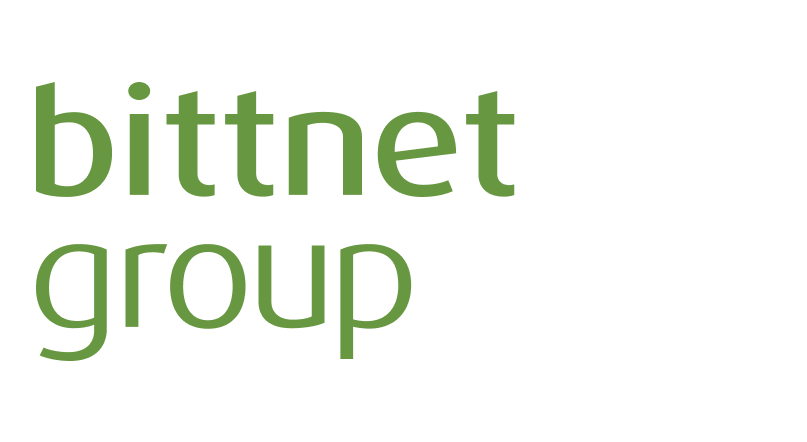Financial result of the Group
In addition to the two business lines, the company also records activities to coordinate the group of companies, to ensure financing through stock exchange mechanisms, and certain expenses estimated according to IFRS standards, expenses that we explained in previous reports that are not cash, and which we consider should not be found in the situation of the global result. Thus, out of the RON 3 million expenses related to the group activity, RON 1.25 million come from the estimation of the value of the Stock Option Plan, without taking into account that the company’s obligations will be settled either by capital increase or by an operation that will register an increase in the company’s capital (a “sale in profit”). To this is added the assumption that the “Bittnet” brand will have a value of 0 in 15 years.
| 30/Sep/20 | 30/Sep/19 | |
| Other incomes | – | 34,165 |
| Administrative costs | (1,546,023) | (986,159) |
| Stock Option Plan | (1,256,723) | (696,859) |
| Depreciation Brand | (289,300) | (289,300) |
| EBIT | (1,546,023) | (662,694) |
| Financial Result | (1,449,984) | (716,382) |
| Group activities | (302,316) | 15,725 |
| Gross profit | (3,298,323) | (1,363,351) |
Instead, the amount of financial expenses of RON 1.5 million related to the group activity represents expenses that were not reallocated to the business segments. In other words, compared to the current financing needs of the business in the first 9 months of 2020, we had too much borrowed capital. Of course, this situation is much preferable to the opposite, in which we do not have enough funding for the current activity, these expenses being assumed by the company in pursuit of the objective of building a financial fortress. Our good financial standing is also reflected in the access to special projects, but also in the good relations with the main suppliers.
On the other hand, if we analyze roughly the budget of this year, in which we have interest expenses for bonds of approximately RON 3 million, and a budgeted profit of RON 2.7 million, we consider that it becomes an interesting alternative to make an offer of preferential shares, to offer a priority dividend of approximately RON 3 million, with which to replace the financing by bonds.
Such an approach would allow all actors to take advantage: investors who are willing to take Bittnet’s credit risk would have essentially the same degree of seniority in the case of preferred shares versus unsecured bonds, but would keep a larger share of the amounts distributed, because the dividend tax is 5%, versus 10% on interest. Additionally, if we anchor the dividend as a percentage of EBITDA (or profit), the preferred shares will also benefit from a significant upside, along with the growth of the company’s business.
From the company’s point of view, we would eliminate the distortions of the financial results introduced by the bond issues. Thus, if in most of Bittnet’s years of activity we operated with relatively insignificant depreciation and interest, starting with 2019, we began to record large amounts in interest accounts due and depreciation, as a result of acquisitions financed with bonds.
